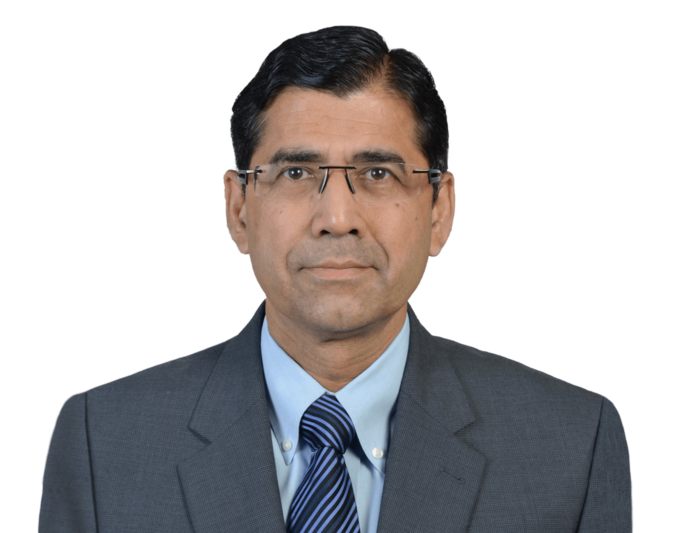Notable Administrative & Public Law Cases
S. Puttaswamy v Union of India (2017) 10 SCC 1
A bench of nine judges of the Supreme Court recognised “right to privacy” as a Fundamental Right even though it was not specifically enumerated in Part-III of the Constitution.
Jindal Stainless Steel v State of Haryana (2017) 12 SCC 1
Acting before a nine-judge bench of the Supreme Court, resulting in a ruling on the constitutional validity of entry tax (tax on inter-state trade and commerce).
Abhiram Singh v C.D. Commachen (2017) 2 SCC 629
Acting in the Supreme Court before a bench of seven judges, in a matter dealing with the provisions of the Representation of the People Act, 1951 to decide whether reference to religion in election campaigns amounts to a corrupt electoral practice.
Navtej Singh Johar v Union of India (2018) 10 SCC 1
Acting in a case before a bench of five judges, which resulted in a declaration of section 377 of the Indian Penal Code, 1860 – which made homosexuality a crime punishable with imprisonment – as unconstitutional.
Supreme Court Advocate-on-Record v Union of India (2016) 5 SCC 1
A five-judge bench of the Supreme Court struck down the Constitution (Ninety Ninth Amendment) Act, 2015, which created the National Judicial Appointments Commission (NJAC) for violating the Basic Structure of the Constitution. This was a rare occasion where a constitutional amendment was declared to be unconstitutional. Thereafter, Mr. Datar was appointed as part of a two-member committee to recommend changes in the appointment process for judges of the High Courts and the Supreme Court of India.
Puttaswamy v Union of India (2019) 1 SCC 1
Acting in a matter in which the Supreme Court struck down certain provisions of the Aadhaar Act, 2016. “Aadhaar” in India is akin to a social security and unique identification number. While the Aadhaar scheme was upheld, certain provisions of the Aadhaar Act, 2016 were struck down for bring violative of the “right to privacy”.
Rojer Mathews v Southern Indian Bank Ltd (2020) 6 SCC 1
Acting in a matter in which the Supreme Court declared certain provisions relating to the service conditions of Tribunal members in Finance Act, 2017, as unconstitutional. The question of whether the bill would constitute a “Money Bill” has now been referred to a bench of seven-judges of the Supreme Court for adjudication.
Representing the Madras Bar Association before the Parliamentary Committee on the Commercial Courts Bill.
Appearing as expert witness before the Parliamentary Committee on the Tribunals, Appellate Tribunals and other Authorities (Conditions of Service) Bill, 2014.









